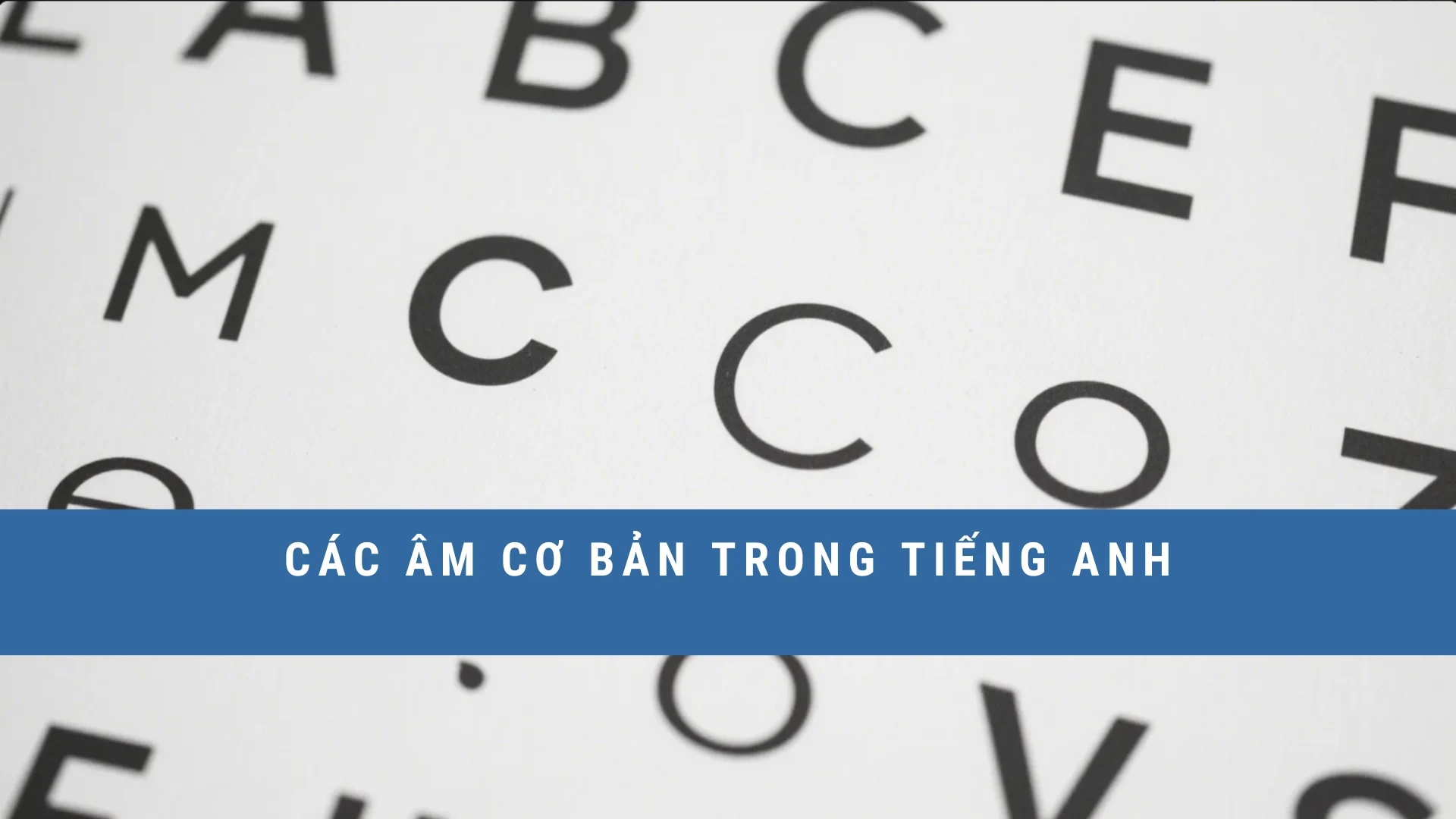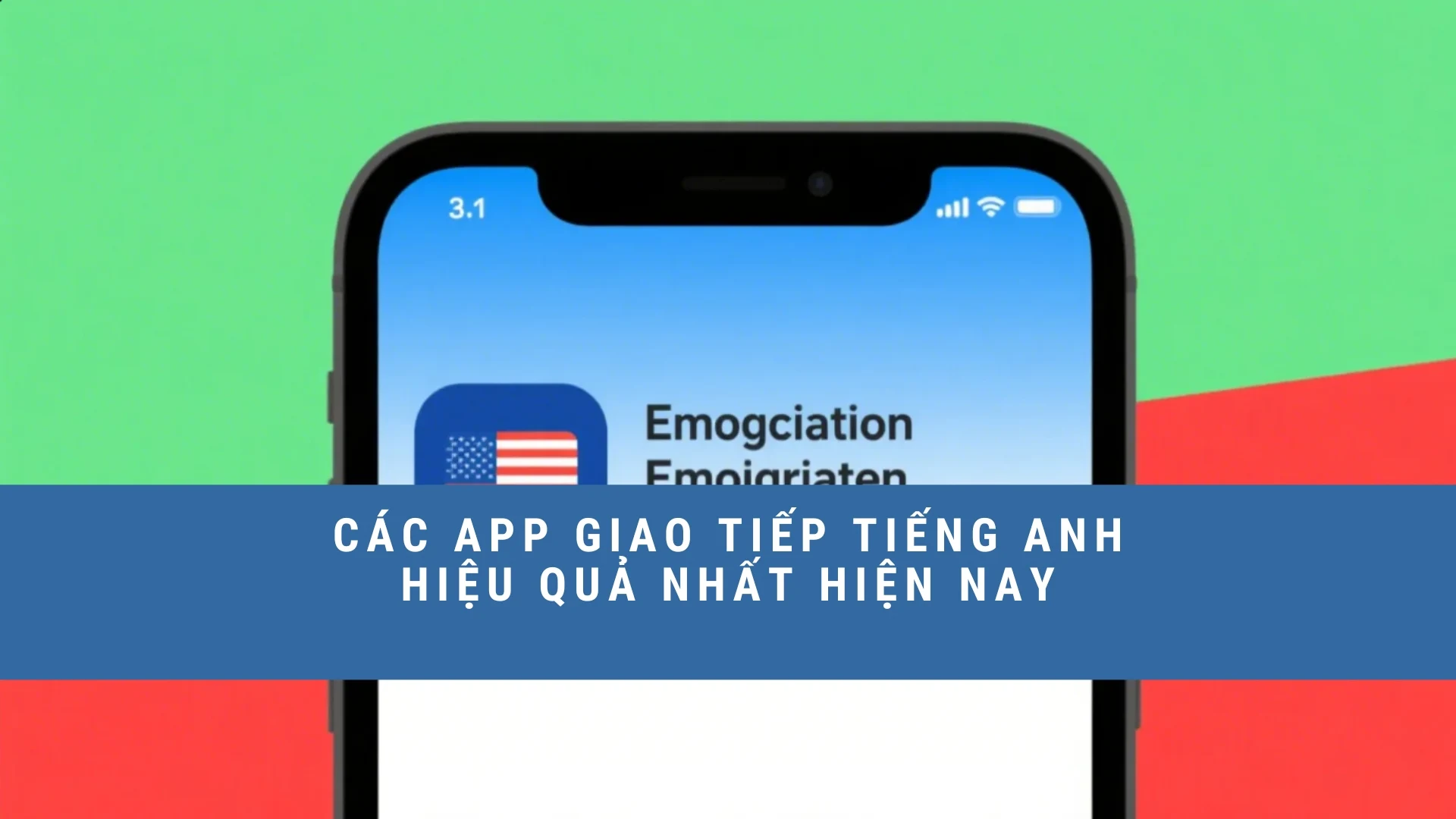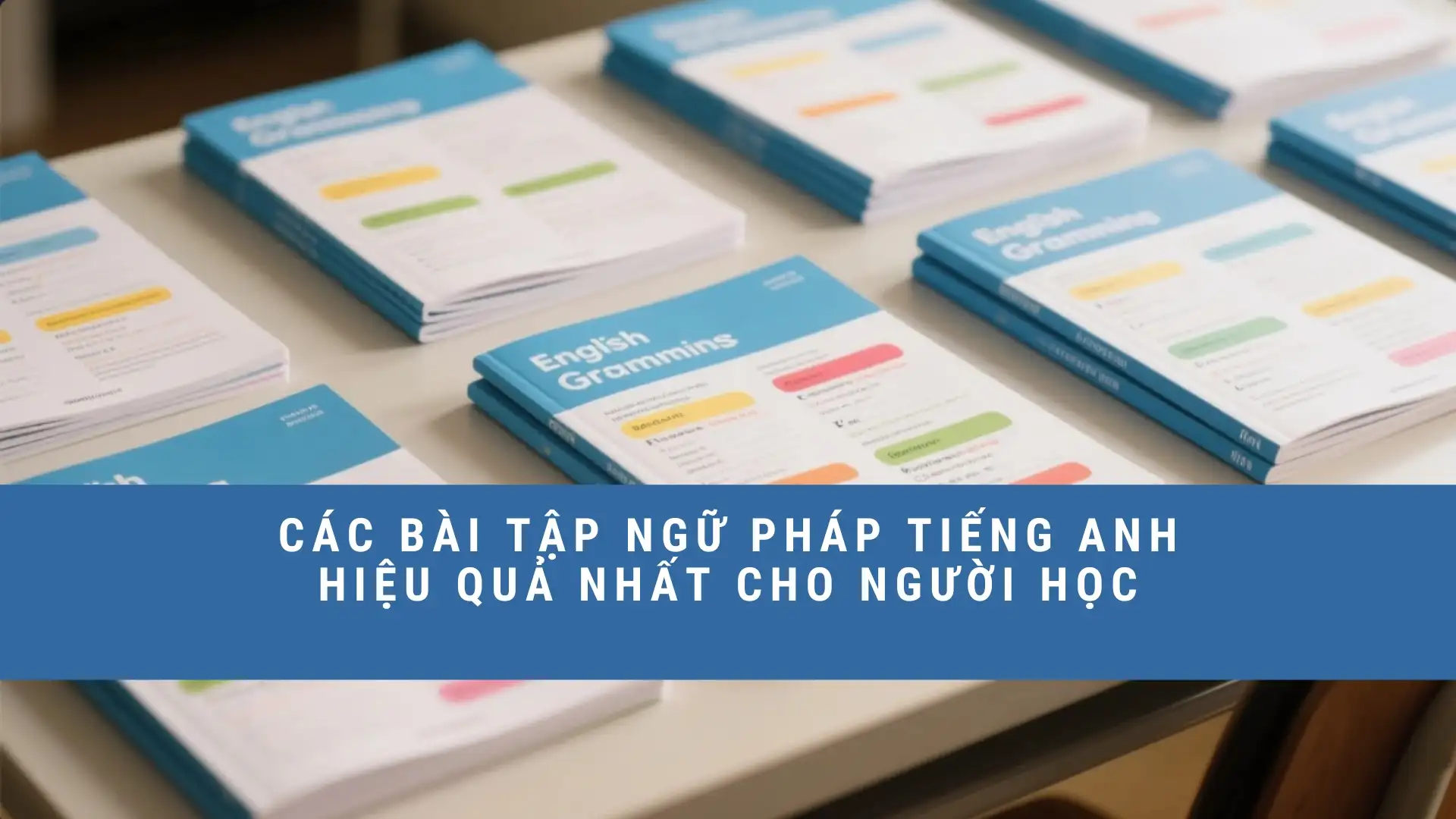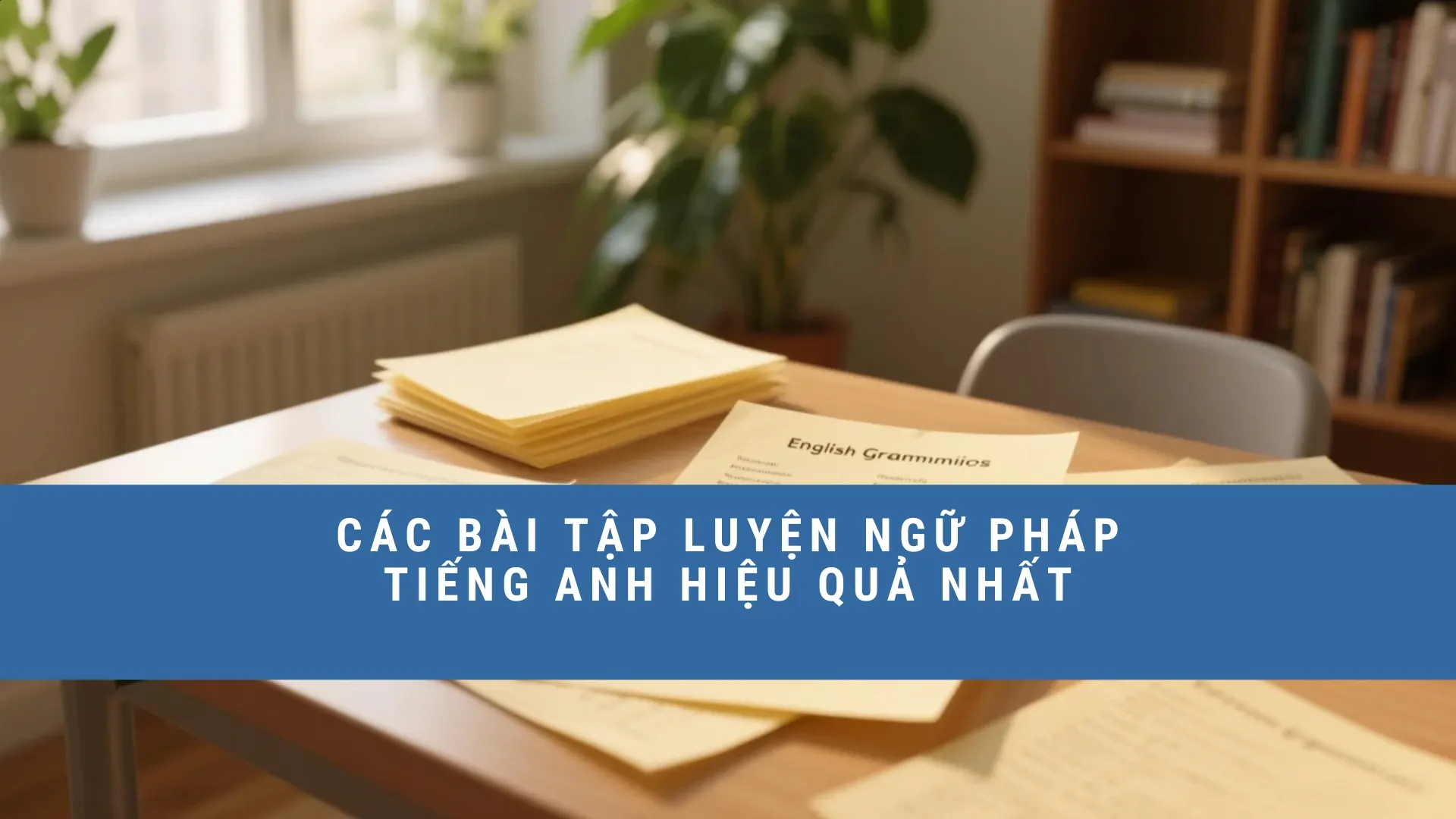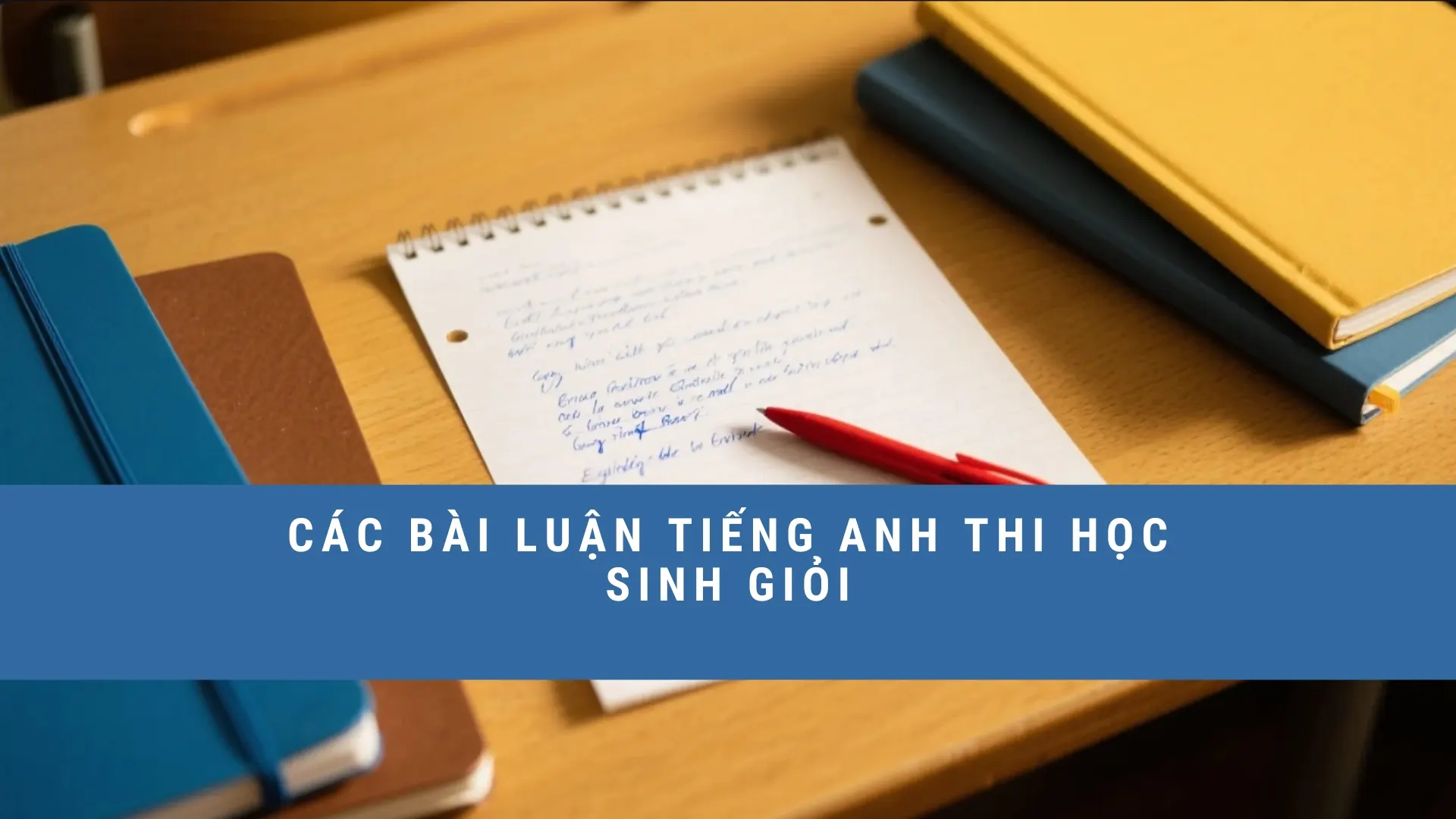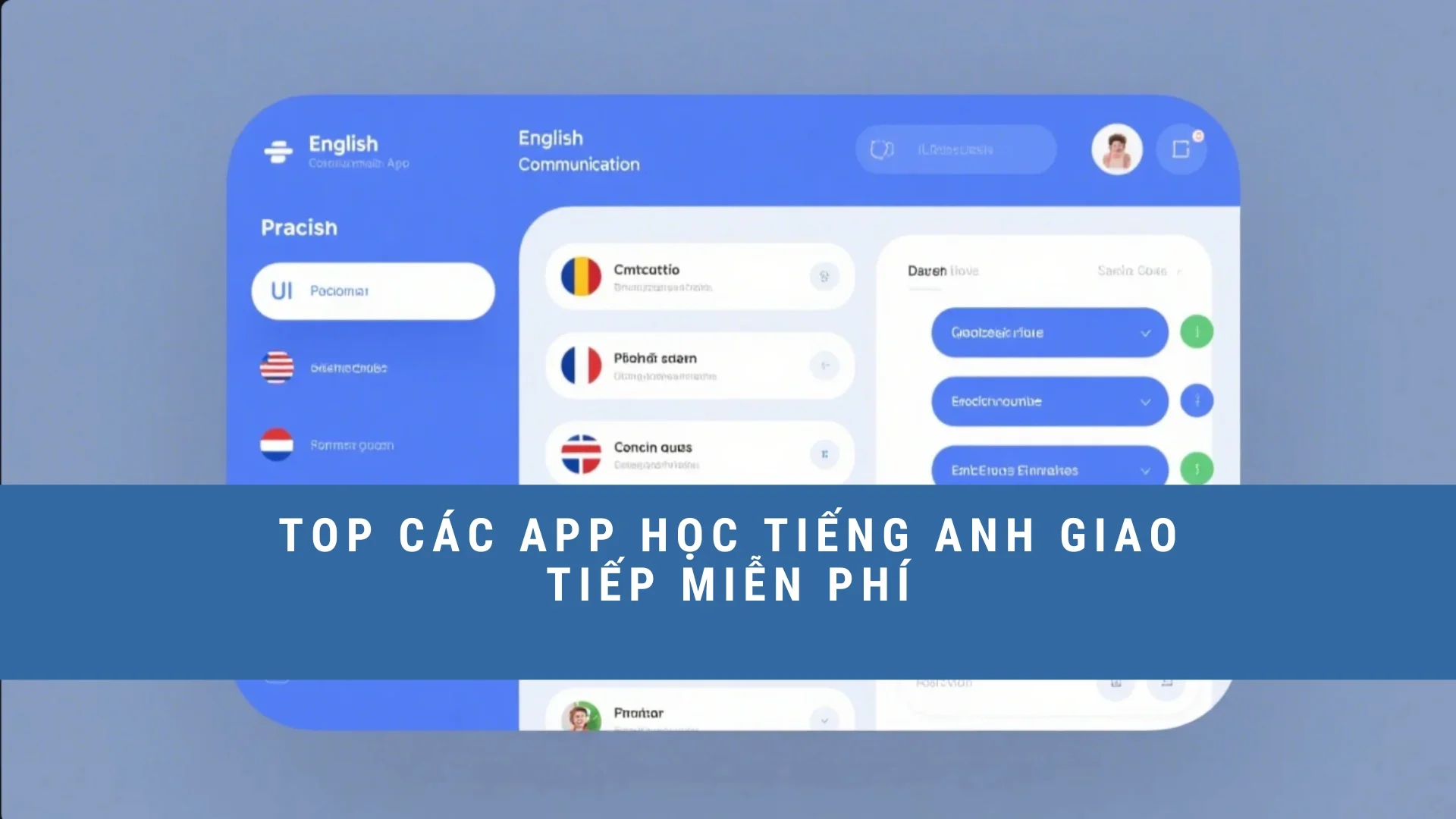Mệnh đề trạng từ (Adverbial Clauses) là các mệnh đề phụ (subordinate clauses) cung cấp thông tin bổ sung về thời gian, nguyên nhân, điều kiện hoặc sự đối lập cho mệnh đề chính. Dưới đây là các loại mệnh đề trạng từ thường gặp:
1. Mệnh Đề Trạng Từ Chỉ Thời Gian (Adverbial Clauses of Time)
Dùng để xác định thời điểm một hành động xảy ra.
- When: Khi
- Example: “When I arrived, they were having dinner.”
- While: Trong khi
- Example: “While she was cooking, he was watching TV.”
- As soon as: Ngay khi
- Example: “As soon as he finished the exam, he left the room.”
- Before: Trước khi
- Example: “Before you go, please turn off the lights.”
- After: Sau khi
- Example: “After the meeting ended, we went for lunch.”
- Since: Kể từ khi
- Example: “I have been here since the class started.”
- Until/Till: Cho đến khi
- Example: “Wait here until I come back.”
2. Mệnh Đề Trạng Từ Chỉ Nguyên Nhân (Adverbial Clauses of Cause)
Dùng để giải thích lý do tại sao một hành động xảy ra.
- Because: Bởi vì
- Example: “She was late because she missed the bus.”
- Since: Vì
- Example: “Since it was raining, we stayed at home.”
- As: Vì
- Example: “As it was getting dark, we decided to go home.”
3. Mệnh Đề Trạng Từ Chỉ Điều Kiện (Adverbial Clauses of Condition)
Dùng để chỉ điều kiện của một hành động.
- If: Nếu
- Example: “If it rains, we will stay indoors.”
- Unless: Trừ khi
- Example: “We won’t go unless he comes.”
- Provided (that): Với điều kiện là
- Example: “You can borrow my car provided that you return it by 5 PM.”
- As long as: Miễn là
- Example: “You can stay here as long as you keep quiet.”
4. Mệnh Đề Trạng Từ Chỉ Sự Đối Lập (Adverbial Clauses of Contrast)
Dùng để chỉ sự đối lập giữa hai hành động.
- Although/Though: Mặc dù
- Example: “Although it was raining, we went out.”
- Even though: Mặc dù
- Example: “Even though she was tired, she finished her homework.”
- Whereas: Trong khi
- Example: “He likes coffee, whereas she prefers tea.”
- While: Trong khi
- Example: “While he is very knowledgeable, he doesn’t have much experience.”
Cách Sử Dụng Mệnh Đề Trạng Từ
- Mệnh đề trạng từ có thể đứng ở đầu hoặc cuối câu. Nếu đứng đầu câu, nó thường được theo sau bởi dấu phẩy.
- Example: “When I was a child, I loved playing in the rain.”
- Example: “I loved playing in the rain when I was a child.”
- Mệnh đề trạng từ thường được giới thiệu bởi các từ nối (subordinating conjunctions) như đã liệt kê ở trên.
- Chủ ngữ trong mệnh đề trạng từ có thể được lược bỏ nếu nó trùng với chủ ngữ của mệnh đề chính và mệnh đề trạng từ bắt đầu bằng “when”, “while”, hoặc “if”.
- Example: “When (he was) asked, he gave a clear explanation.”
Dưới đây là 100 dạng bài tập gap filling sử dụng các mệnh đề trạng từ để chỉ thời gian, nguyên nhân, điều kiện và đối lập trong tiếng Anh:
Adverbial Clauses of Time
- ___ you call me, I will be there.
- I was watching TV ___ he arrived.
- She left the room ___ the meeting ended.
- We had dinner ___ he finished his work.
- I have been waiting here ___ you came.
- ___ she was singing, I was playing the piano.
- We can start the movie ___ he arrives.
- The baby was sleeping ___ the storm started.
- ___ I was a child, I loved to play outside.
- We will go hiking ___ it stops raining.
- ___ the sun sets, the birds start chirping.
- They will arrive ___ the show begins.
- I will call you ___ I get home.
- ___ he finished his meal, he paid the bill.
- She has been working here ___ she graduated.
- Wait here ___ the bus comes.
- They moved to the city ___ they got married.
- ___ the lights went out, we lit candles.
- We will have lunch ___ the meeting is over.
- ___ it was late, we decided to stay.
Adverbial Clauses of Cause
- She was happy ___ she got the job.
- We stayed home ___ it was raining.
- ___ he was tired, he went to bed early.
- She missed the train ___ she was late.
- We had to cancel the trip ___ the weather was bad.
- ___ it was her birthday, we bought a cake.
- I didn’t go out ___ I was feeling sick.
- He couldn’t come ___ he had an appointment.
- ___ the traffic was heavy, we arrived late.
- I was late ___ my car broke down.
- They left early ___ they had an early flight.
- ___ he was busy, he couldn’t join us.
- We were excited ___ we won the game.
- She was upset ___ she lost her wallet.
- ___ it was a holiday, the office was closed.
- I couldn’t sleep ___ it was noisy outside.
- She didn’t hear the phone ___ she was in the shower.
- He was worried ___ he hadn’t heard from her.
- We were tired ___ we had worked all day.
- ___ she studied hard, she passed the exam.
Adverbial Clauses of Condition
- ___ it rains, we will stay indoors.
- You can go out ___ you finish your homework.
- ___ he comes, we will start the meeting.
- She will help you ___ you ask her.
- We will go hiking ___ the weather is good.
- You can borrow my book ___ you return it.
- ___ you are tired, you should rest.
- They will succeed ___ they work hard.
- We won’t go ___ it stops raining.
- ___ you need help, let me know.
- She will come ___ she gets permission.
- He won’t leave ___ he finishes his work.
- You can’t play outside ___ you clean your room.
- ___ you study, you will pass the exam.
- We will stay home ___ it’s too cold.
- ___ she calls, tell her I am not here.
- He will join us ___ he has time.
- You can watch TV ___ you finish your chores.
- ___ it is necessary, we will do it.
- ___ you are ready, we can leave.
Adverbial Clauses of Contrast
- ___ he is rich, he is not happy.
- She was tired, ___ she continued working.
- ___ it was cold, they went swimming.
- We enjoyed the trip, ___ it rained a lot.
- He studied hard, ___ he failed the exam.
- ___ she is young, she is very mature.
- They went out, ___ it was raining.
- ___ she is smart, she can be careless.
- He is friendly, ___ he can be annoying.
- ___ he tried his best, he didn’t win.
- She is shy, ___ she sings beautifully.
- He is tall, ___ he doesn’t play basketball.
- ___ they are rich, they are very humble.
- She likes coffee, ___ he prefers tea.
- ___ he is strict, he is loved by his students.
- They are happy, ___ they don’t have much money.
- ___ it was expensive, they bought it.
- He is fast, ___ he often makes mistakes.
- ___ she is busy, she always helps others.
- We were tired, ___ we finished the project.
Mixed Adverbial Clauses
- I will call you ___ I arrive.
- ___ it was late, we decided to leave.
- ___ you finish your work, you can go home.
- ___ he is rich, he lives a simple life.
- She was late ___ she missed the bus.
- We will go for a walk ___ it stops raining.
- ___ I was cooking, he was watching TV.
- ___ it was raining, we went for a walk.
- He passed the exam ___ he studied hard.
- ___ it is hot, we will go swimming.
- She was happy ___ she got the promotion.
- ___ he was tired, he went to bed early.
- ___ you call me, I will come.
- ___ she was sad, she smiled.
- He stayed home ___ he was sick.
- ___ it was late, they continued working.
- ___ you need me, I will be there.
- ___ he is busy, he always finds time.
- We will start the meeting ___ everyone arrives.
- ___ I was studying, the phone rang.
Dưới đây là các bài tập với đáp án được bôi đậm:
Adverbial Clauses of Time
- When you call me, I will be there.
- I was watching TV when he arrived.
- She left the room after the meeting ended.
- We had dinner after he finished his work.
- I have been waiting here since you came.
- While she was singing, I was playing the piano.
- We can start the movie when he arrives.
- The baby was sleeping when the storm started.
- When I was a child, I loved to play outside.
- We will go hiking when it stops raining.
- When the sun sets, the birds start chirping.
- They will arrive before the show begins.
- I will call you when I get home.
- After he finished his meal, he paid the bill.
- She has been working here since she graduated.
- Wait here until the bus comes.
- They moved to the city after they got married.
- When the lights went out, we lit candles.
- We will have lunch after the meeting is over.
- Although it was late, we decided to stay.
Adverbial Clauses of Cause
- She was happy because she got the job.
- We stayed home because it was raining.
- Because he was tired, he went to bed early.
- She missed the train because she was late.
- We had to cancel the trip because the weather was bad.
- Since it was her birthday, we bought a cake.
- I didn’t go out because I was feeling sick.
- He couldn’t come because he had an appointment.
- Because the traffic was heavy, we arrived late.
- I was late because my car broke down.
- They left early because they had an early flight.
- Because he was busy, he couldn’t join us.
- We were excited because we won the game.
- She was upset because she lost her wallet.
- Since it was a holiday, the office was closed.
- I couldn’t sleep because it was noisy outside.
- She didn’t hear the phone because she was in the shower.
- He was worried because he hadn’t heard from her.
- We were tired because we had worked all day.
- Because she studied hard, she passed the exam.
Adverbial Clauses of Condition
- If it rains, we will stay indoors.
- You can go out if you finish your homework.
- If he comes, we will start the meeting.
- She will help you if you ask her.
- We will go hiking if the weather is good.
- You can borrow my book if you return it.
- If you are tired, you should rest.
- They will succeed if they work hard.
- We won’t go unless it stops raining.
- If you need help, let me know.
- She will come if she gets permission.
- He won’t leave until he finishes his work.
- You can’t play outside until you clean your room.
- If you study, you will pass the exam.
- We will stay home if it’s too cold.
- If she calls, tell her I am not here.
- He will join us if he has time.
- You can watch TV if you finish your chores.
- If it is necessary, we will do it.
- If you are ready, we can leave.
Adverbial Clauses of Contrast
- Although he is rich, he is not happy.
- She was tired, but she continued working.
- Although it was cold, they went swimming.
- We enjoyed the trip, although it rained a lot.
- He studied hard, but he failed the exam.
- Although she is young, she is very mature.
- They went out, although it was raining.
- Although she is smart, she can be careless.
- He is friendly, but he can be annoying.
- Although he tried his best, he didn’t win.
- She is shy, but she sings beautifully.
- He is tall, but he doesn’t play basketball.
- Although they are rich, they are very humble.
- She likes coffee, whereas he prefers tea.
- Although he is strict, he is loved by his students.
- They are happy, although they don’t have much money.
- Although it was expensive, they bought it.
- He is fast, but he often makes mistakes.
- Although she is busy, she always helps others.
- We were tired, but we finished the project.
Mixed Adverbial Clauses
- I will call you when I arrive.
- Although it was late, we decided to leave.
- If you finish your work, you can go home.
- Although he is rich, he lives a simple life.
- She was late because she missed the bus.
- We will go for a walk when it stops raining.
- While I was cooking, he was watching TV.
- Although it was raining, we went for a walk.
- He passed the exam because he studied hard.
- If it is hot, we will go swimming.
- She was happy because she got the promotion.
- Because he was tired, he went to bed early.
- If you call me, I will come.
- Although she was sad, she smiled.
- He stayed home because he was sick.
- Although it was late, they continued working.
- If you need me, I will be there.
- Although he is busy, he always finds time.
- We will start the meeting when everyone arrives.
- While I was studying, the phone rang.
Đọc thêm: Sử dụng như chủ ngữ, tân ngữ và bổ ngữ.


